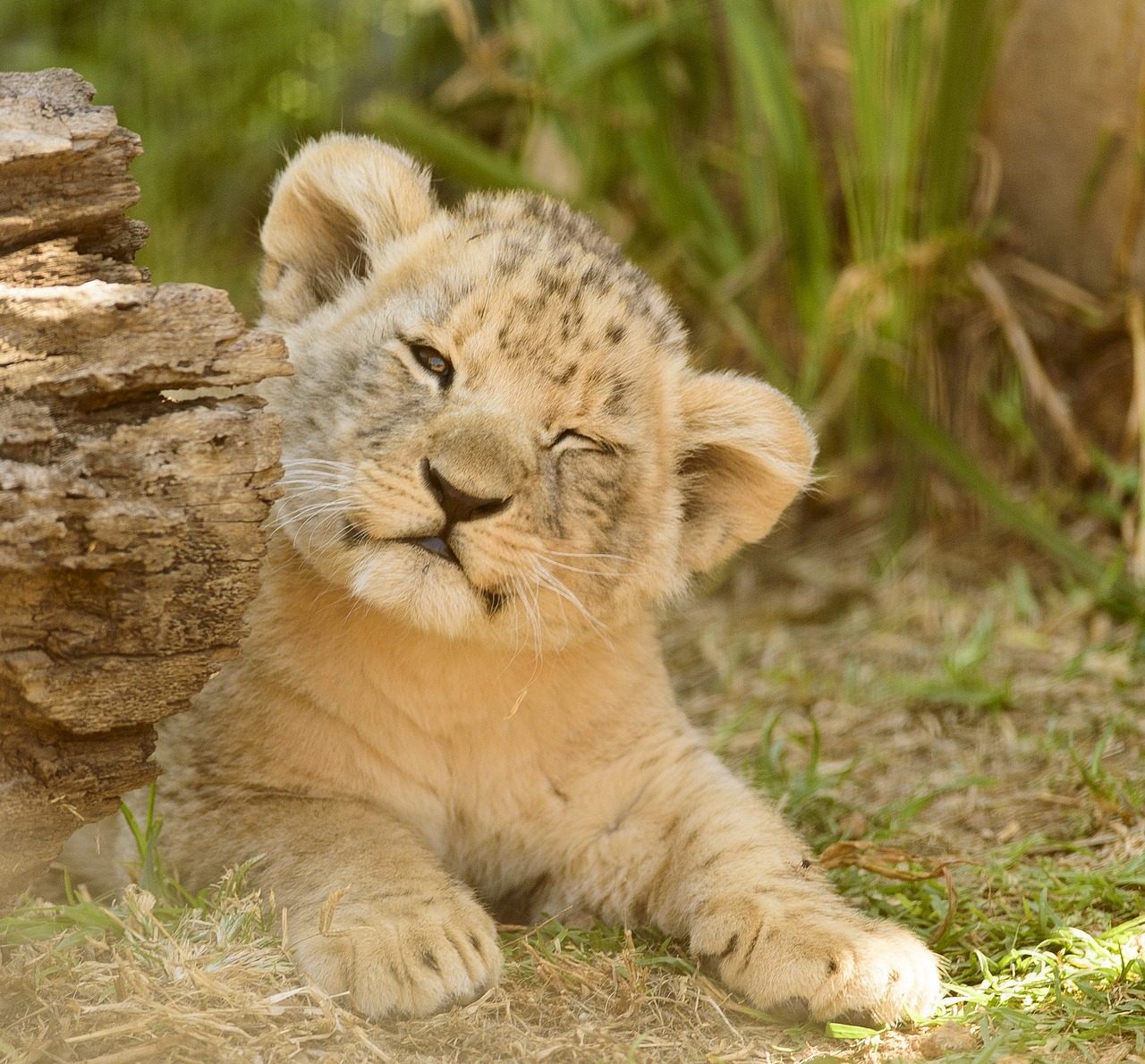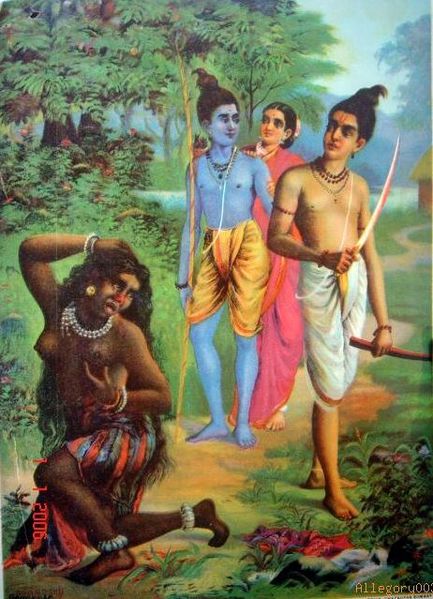The biggest storyline that connected with me was the story of Dasharatha. From beginning to end, he seemed a genuine character that had true love for his kingdom and his family. He wanted to continue his legacy and have a few sons that he could nurture into true kings. The first story is
King Dasharatha, as all the stories I will be taking notes about are by Donald Mackenzie. In the King Dasharatha, we get our first look at his character in these stories. As king of Koshala, he needed a son to take over his thrown once he died. The capital of this kingdom was Ayodhya. He had three queens, Kayshalya, Kaikeyi, and Sumitra.
The next story that is key in Dasharatha's story is
Kaikeyi and Dasharatha. This story is key in the overall storyline of Dasharatha. Since Kaikeyi is Dasharatha's wife, you would think she would be loving and stand by his side through everything. This is sadly, not true. Kaikeyi tricks the Dasharatha into vowing to grant two of her wishes. The first, is that her son Bharata be appointed the Yuvarajah, which is the heir to the thrown. The next wish is that he banaish Rama, his other son, to the woods for fourteen years. Dasharatha has no other option than to grant these wishes, which truly upset him. Rama was the shining son destined to take over the thrown, so Kaikeyi was jealous. This leads to a series of adventures along the road.
Lastly,
Dasharatha's Death is the final story in the Dasharatha's lifetime. Dasharatha's favorite sons were, in my opinion, Rama and Lakshman. Rama was his eldest son and destined for the thrown, while Lakshman was a loyal son he respected. In some of his final moments, he scolds Queen Kaikeyi for sending his innocent children into the forest. Rama's mother, Kaushalya, came to Dasharatha after Rama's department and blamed him for lying to everyone about Rama being the next king. Dasharatha was so overcome with grief that he passed away while his spirit left the physical world.

(King Dasharatha grieving over banishment of Rama:
wikimedia)






















